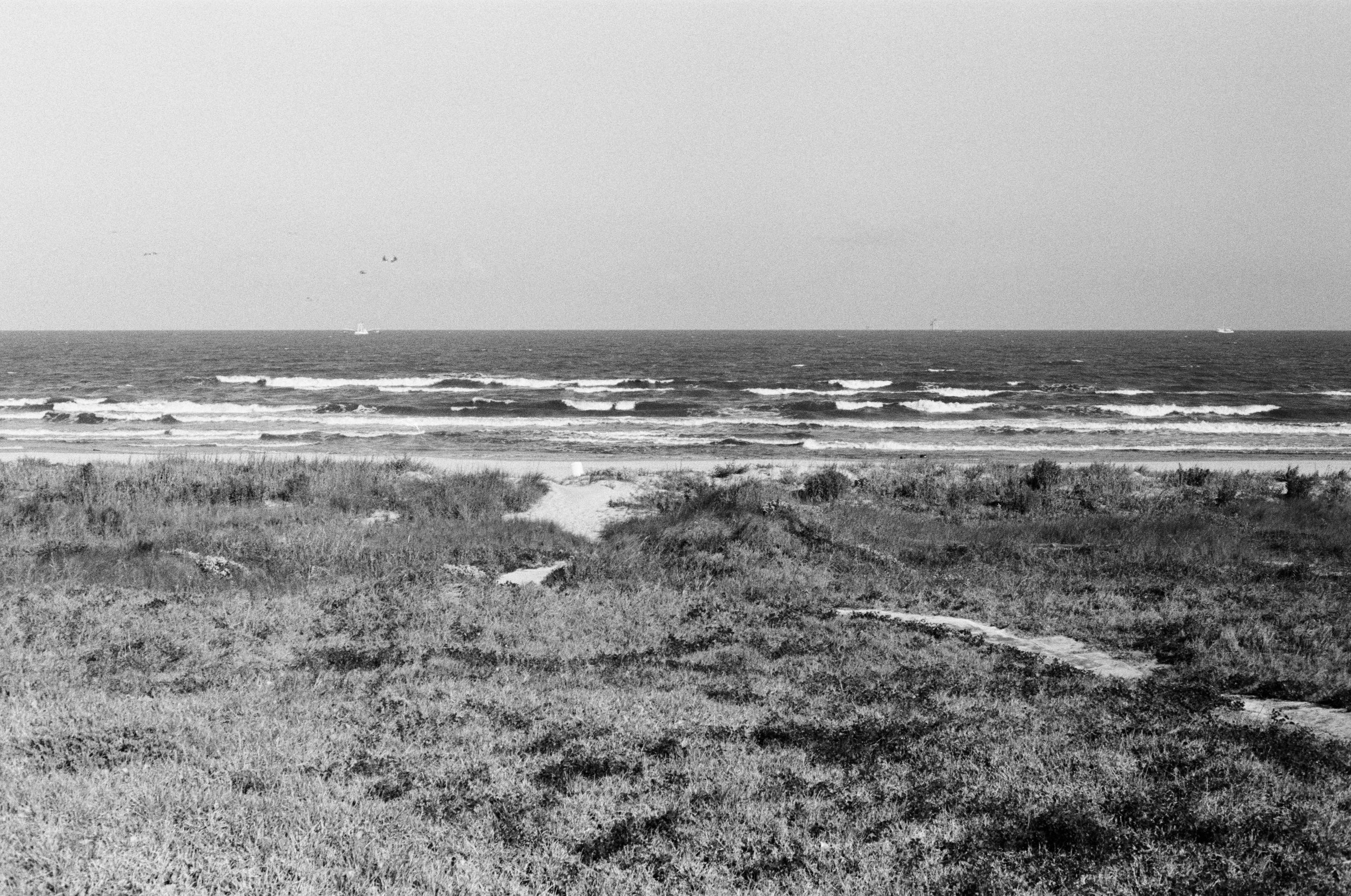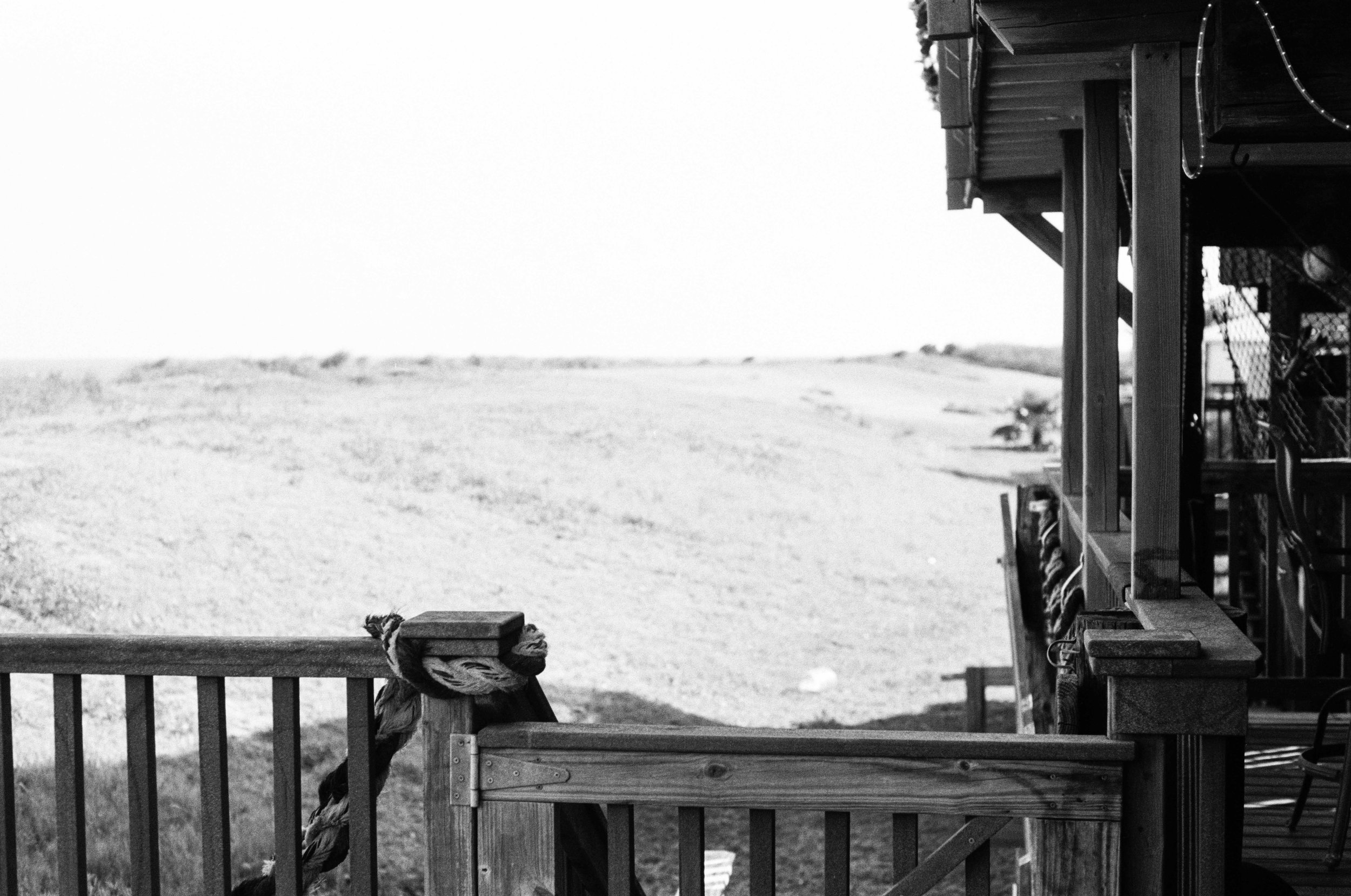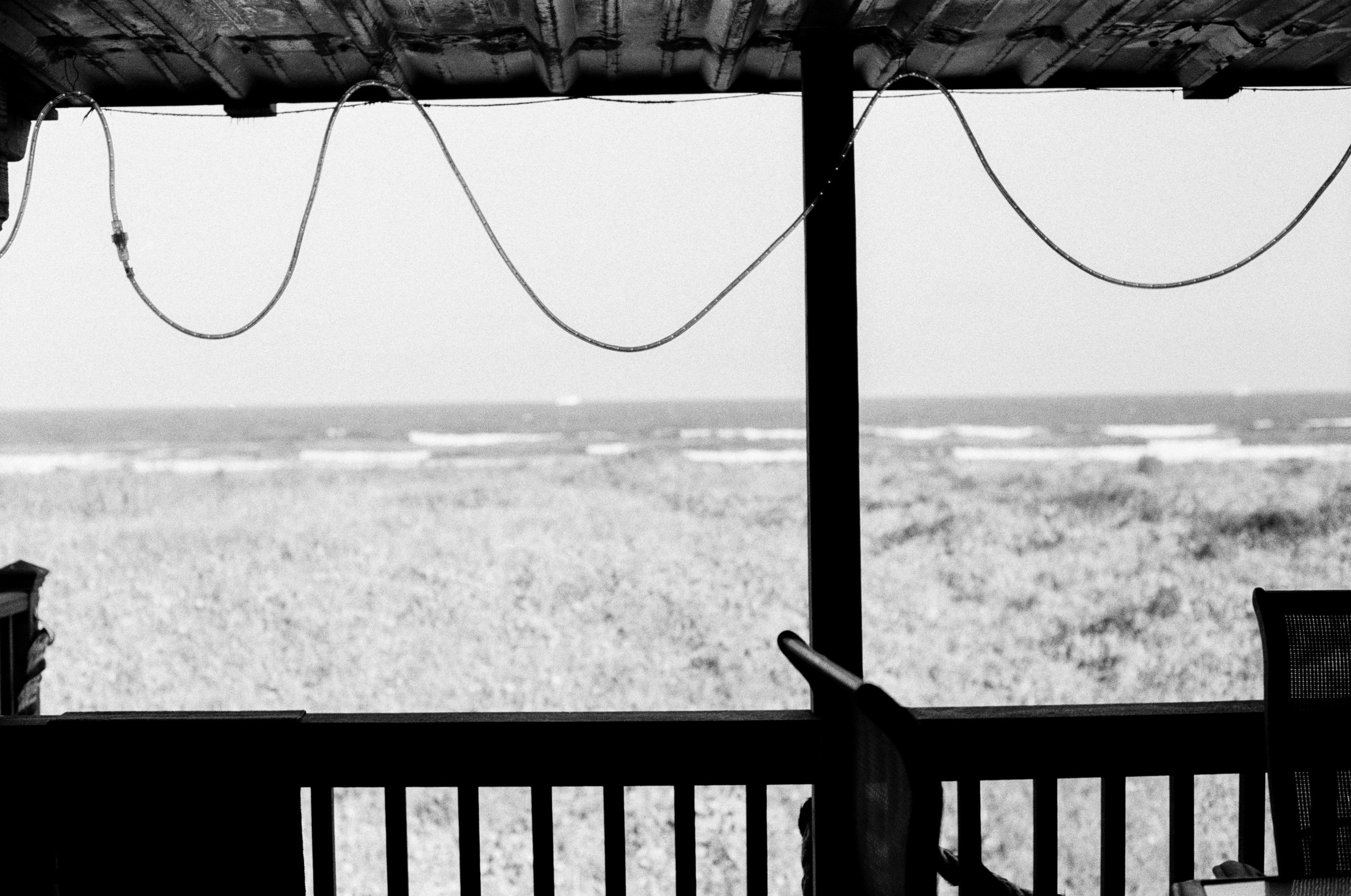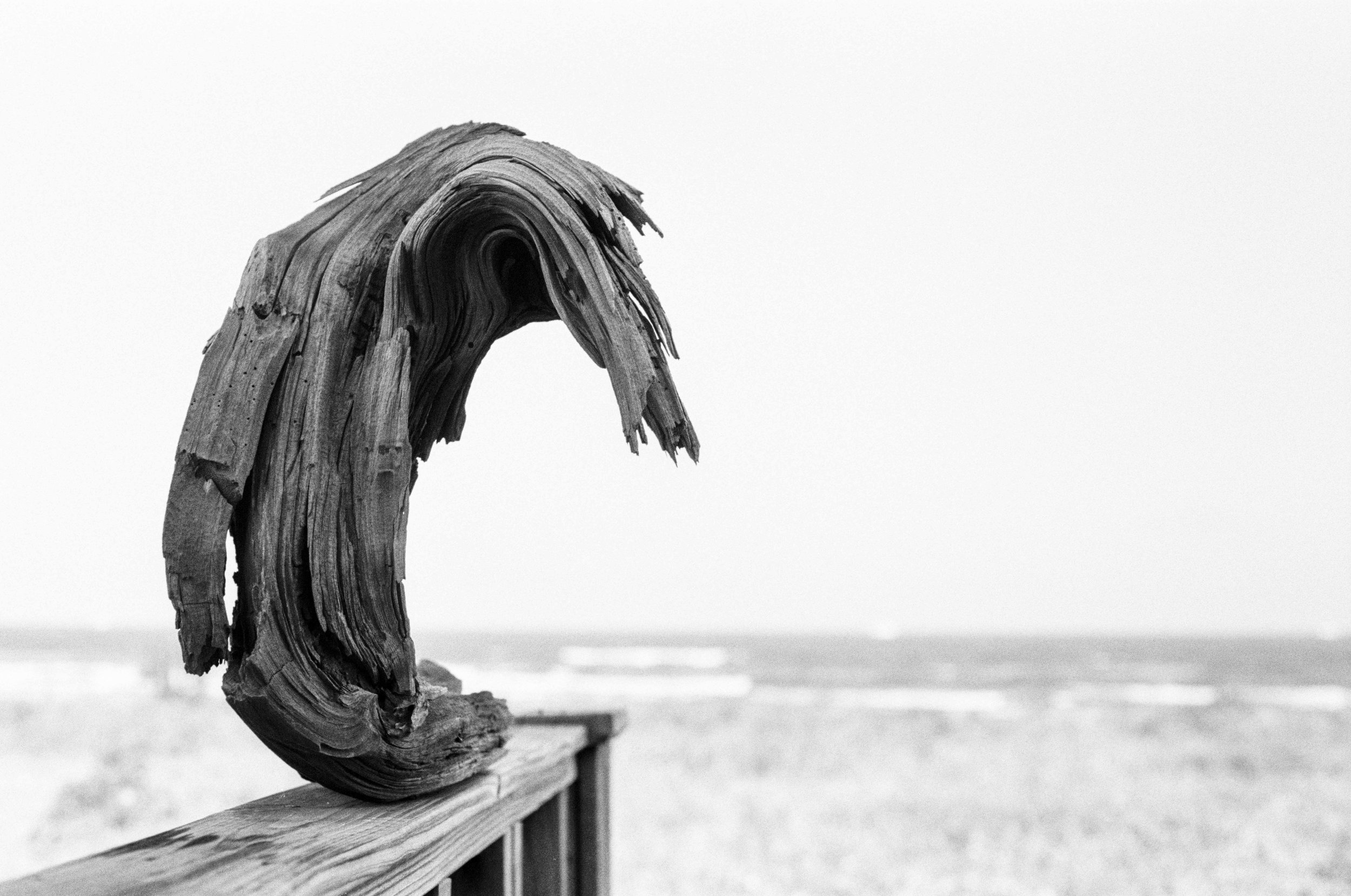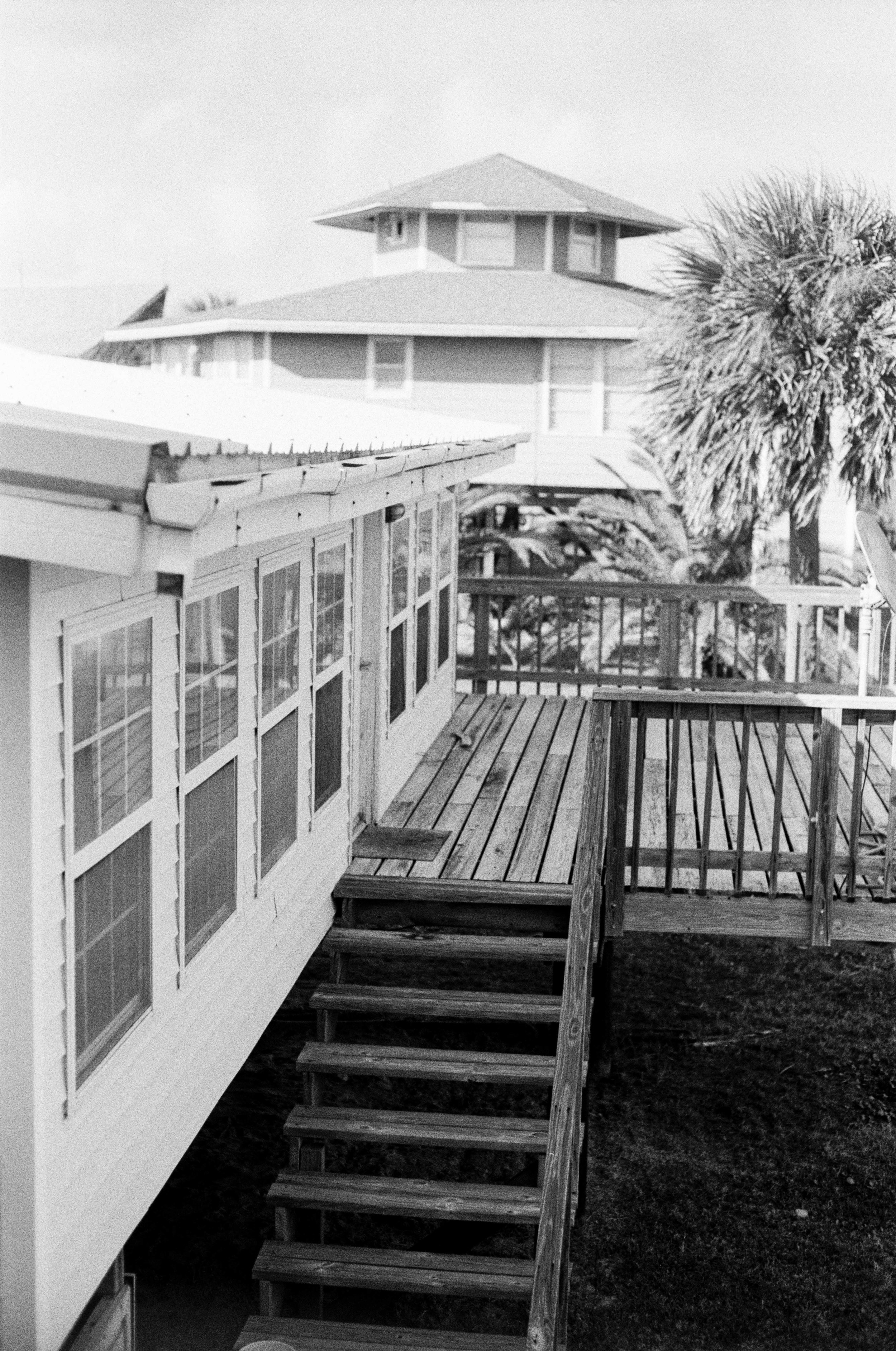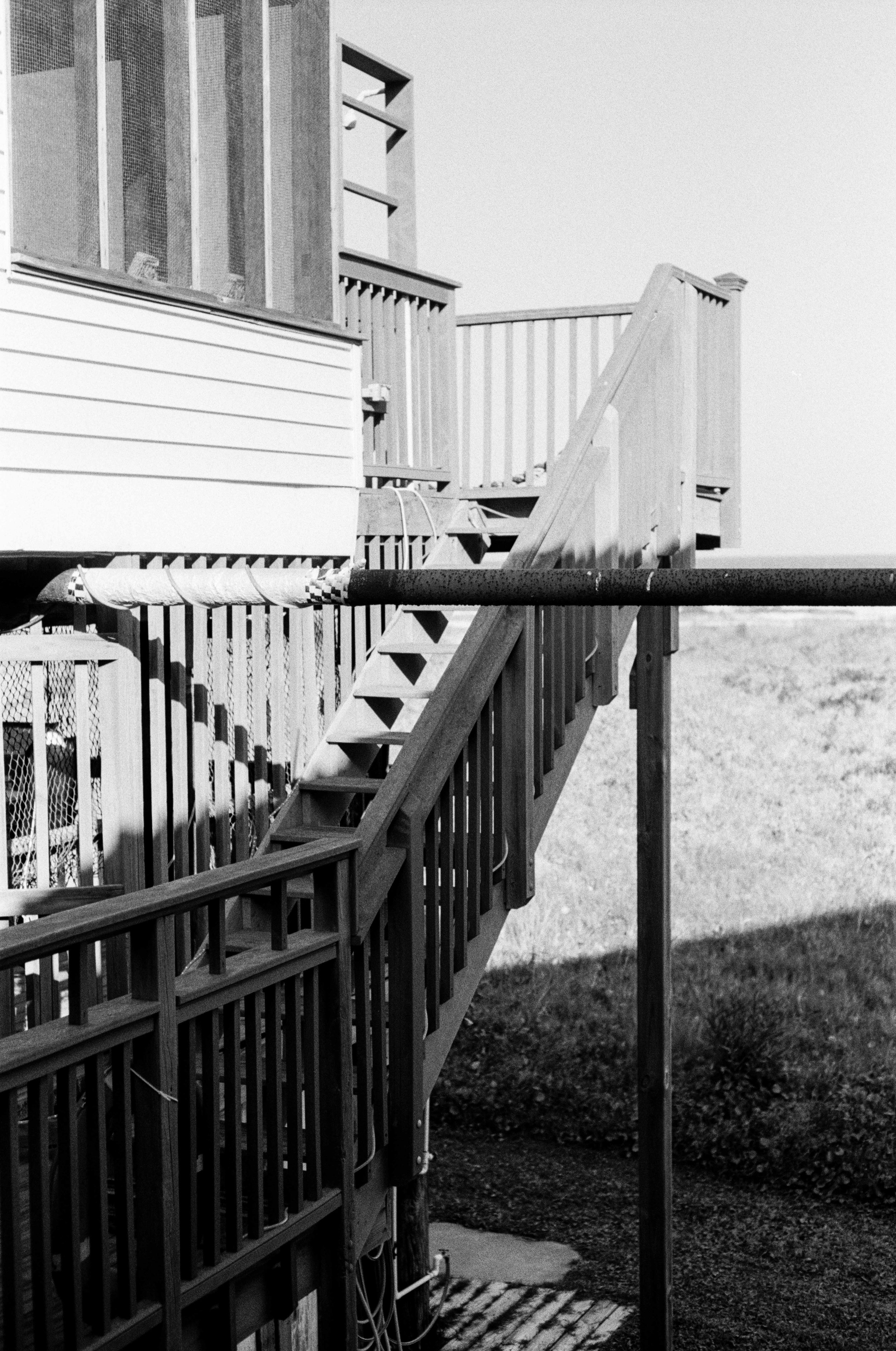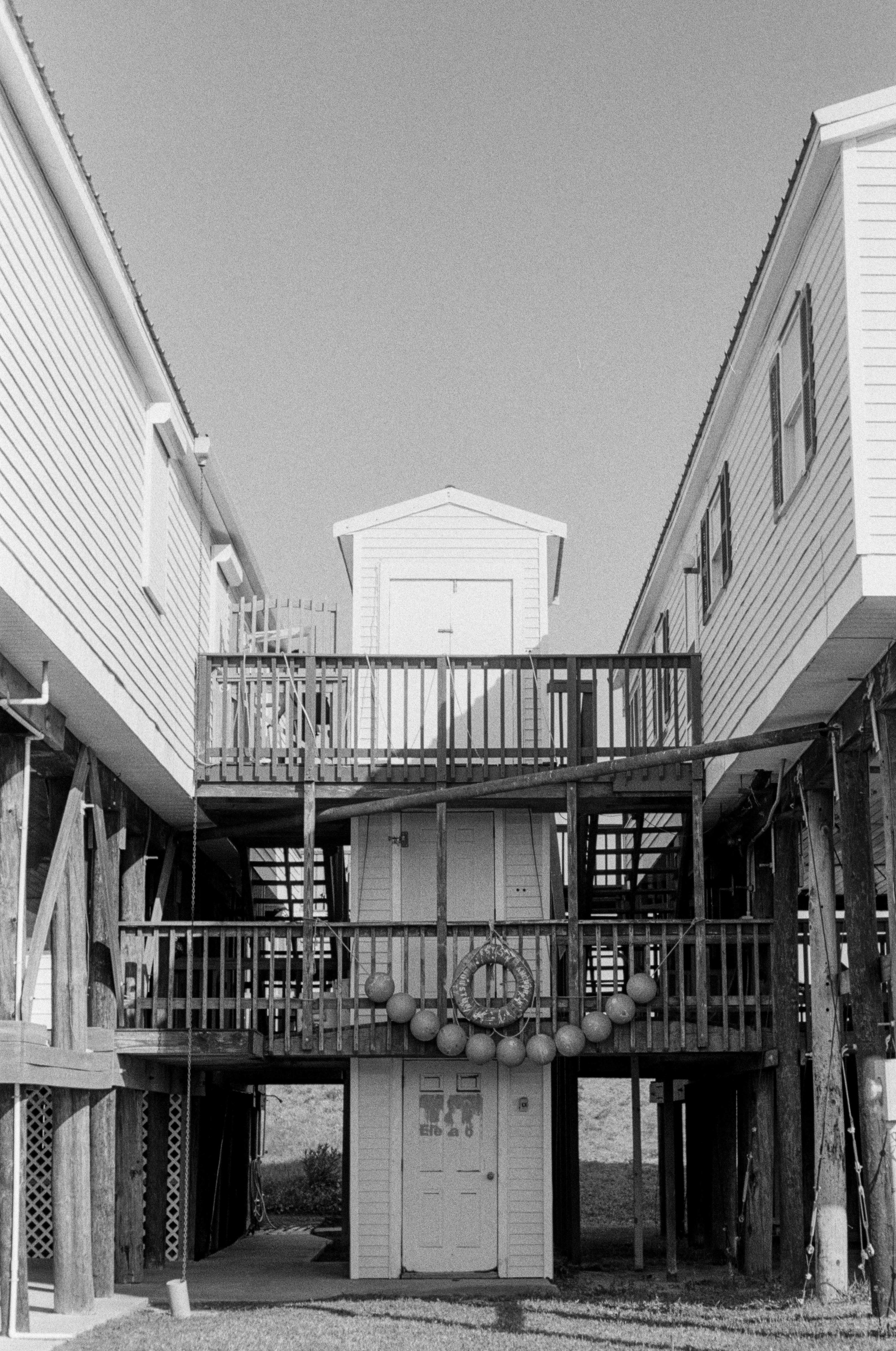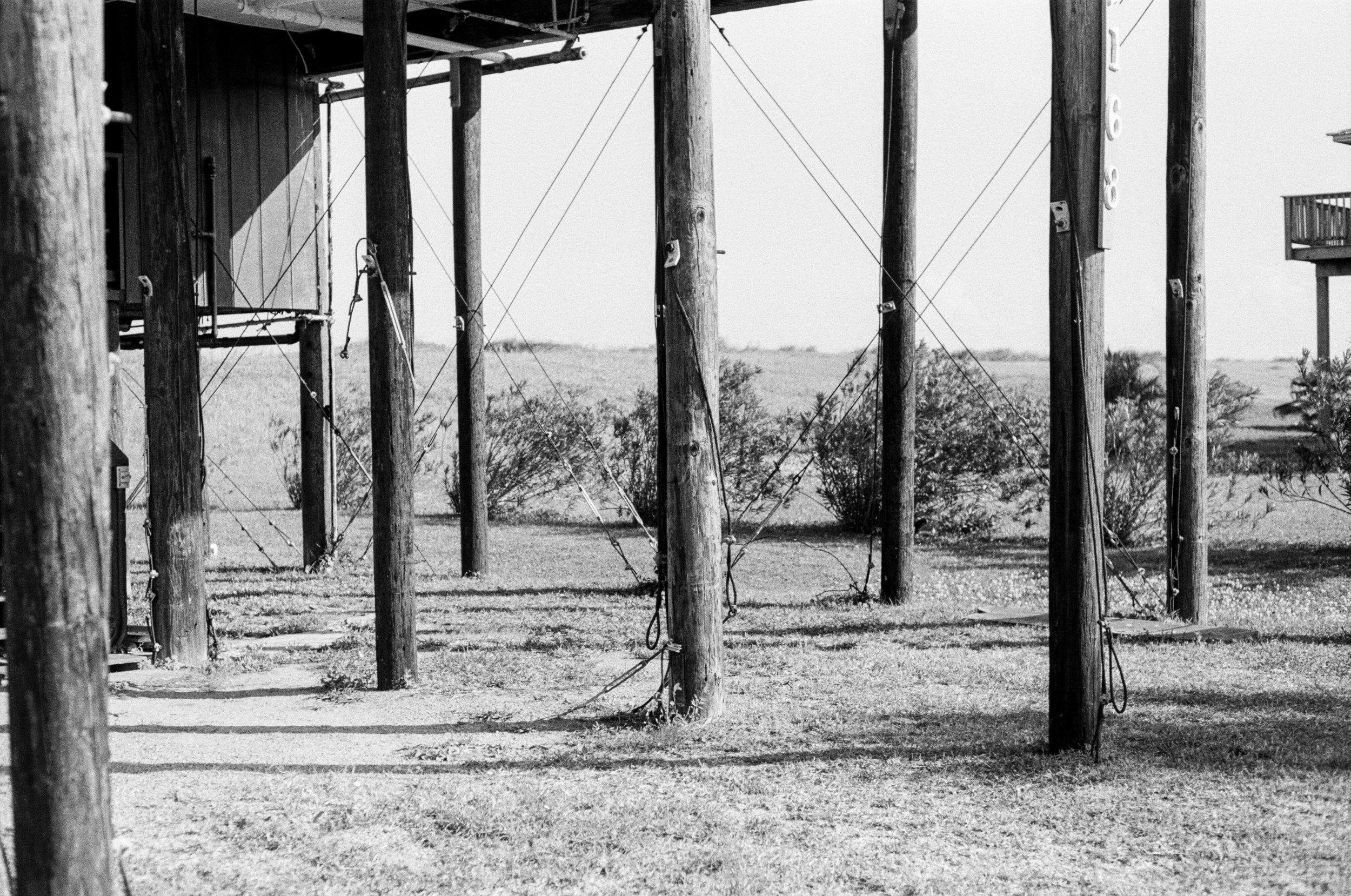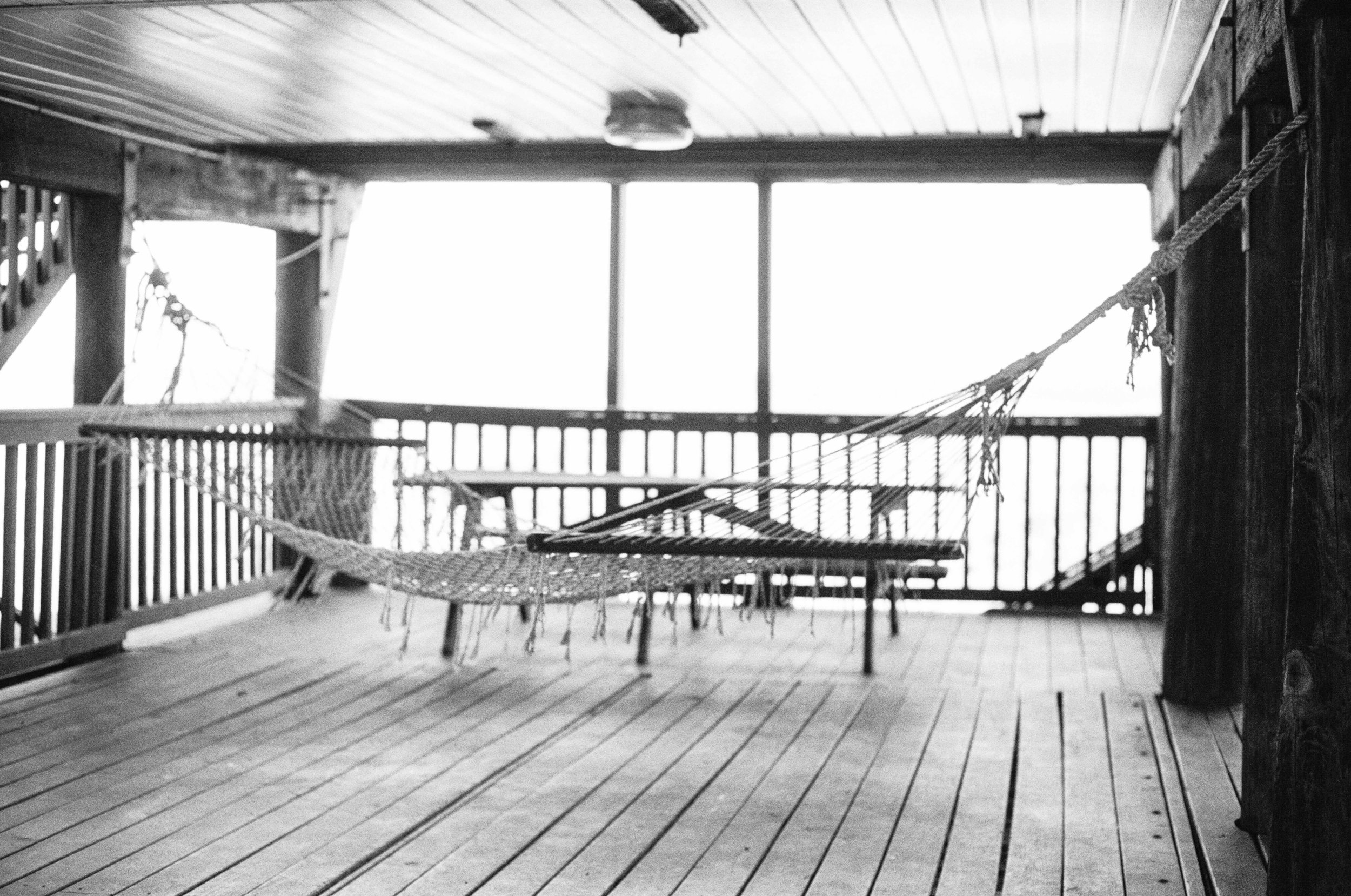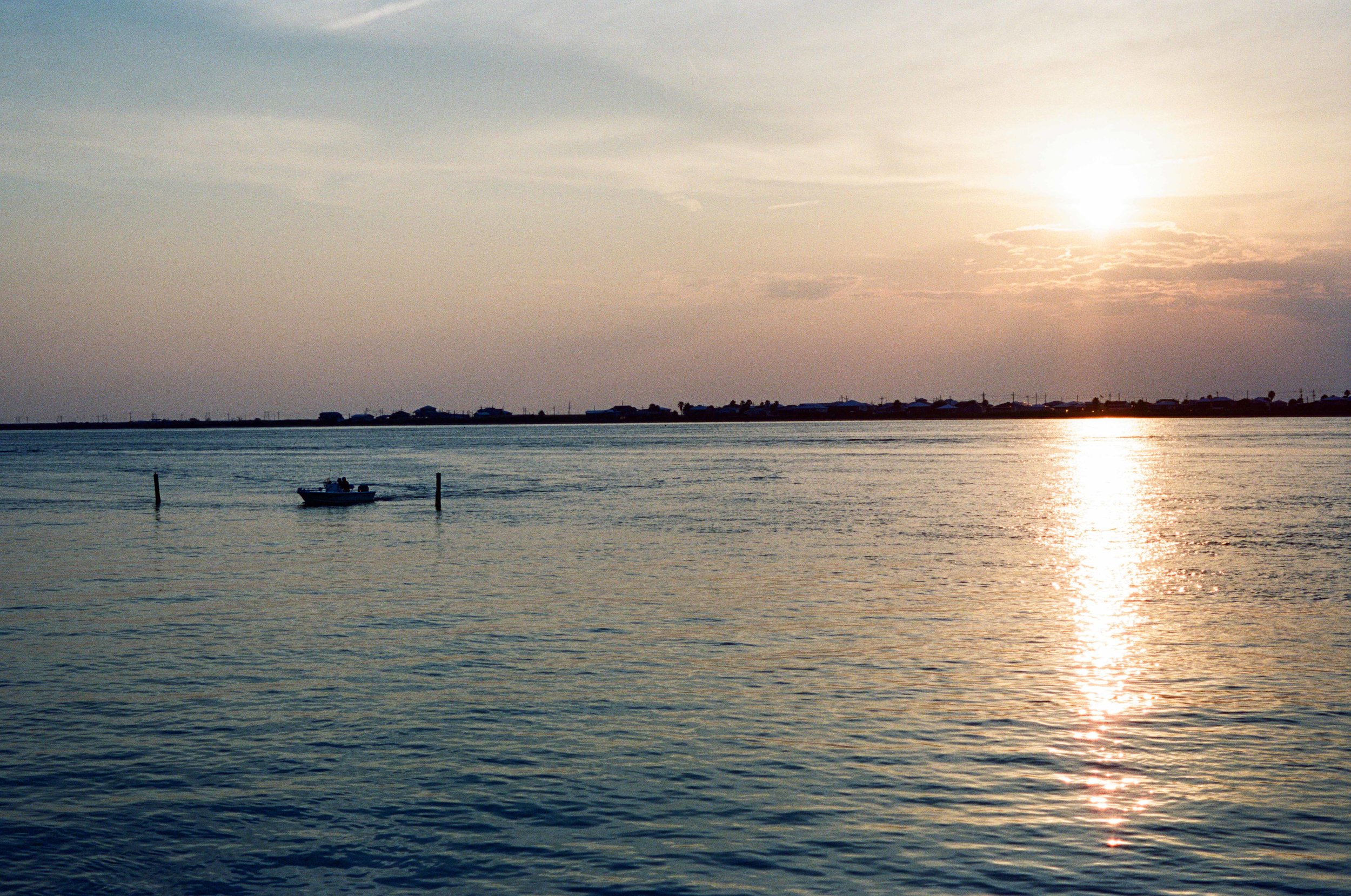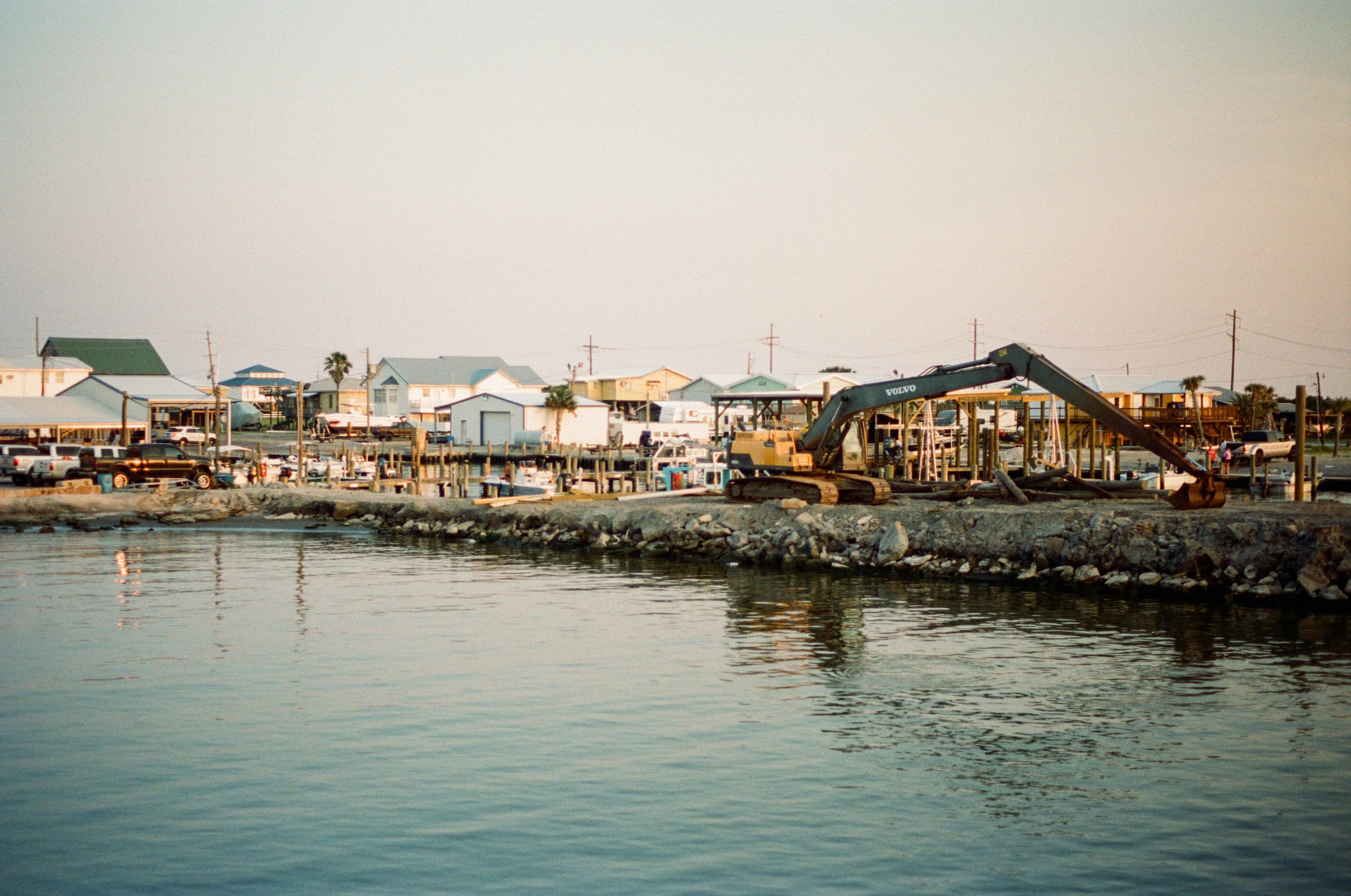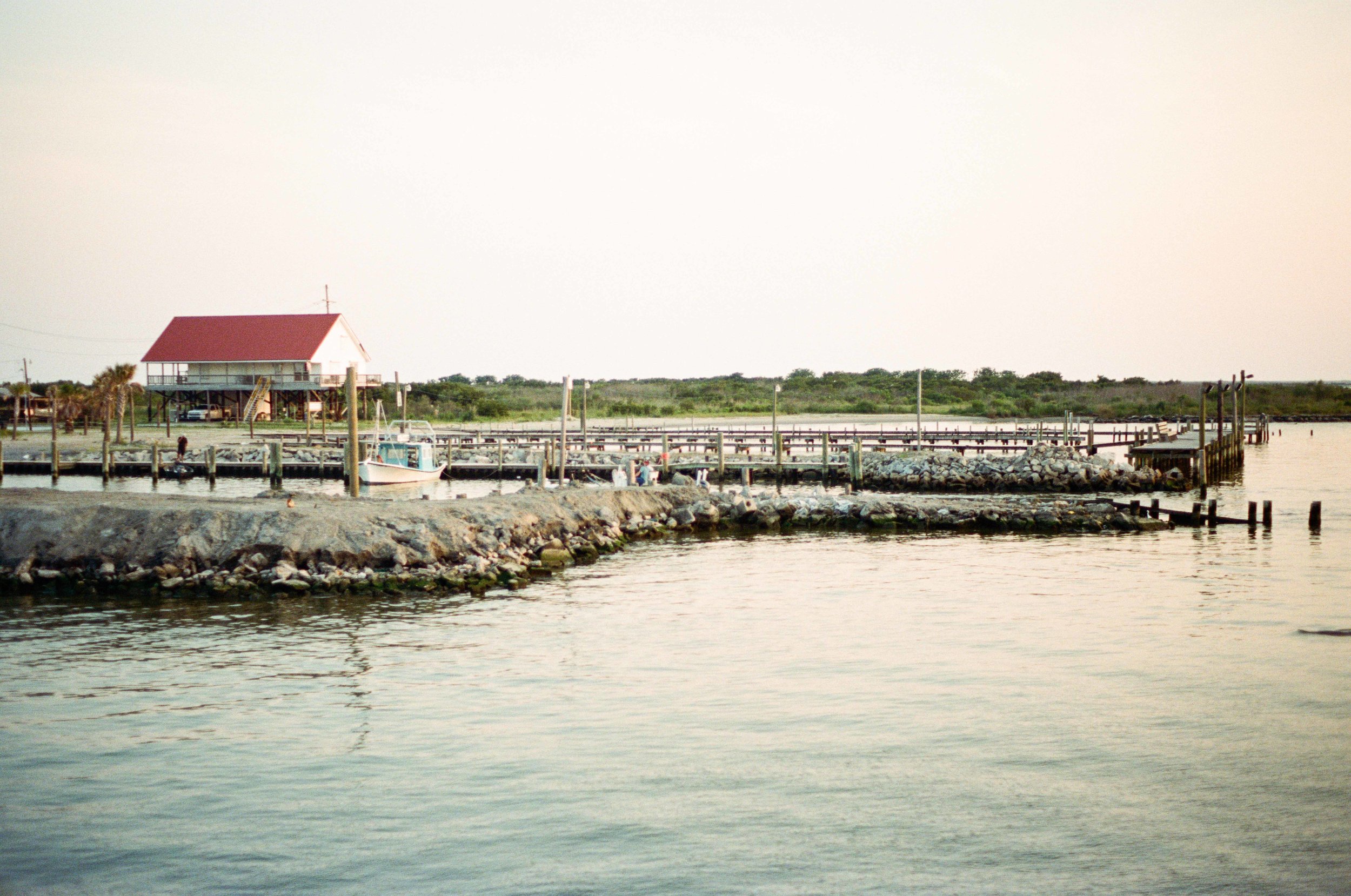“They could feel the hot breath of the Southern night; they could hear the long sweep of the pirogue through the glistening moonlit water, the beating of birds’ wings, rising startled from among the reeds in the salt-water pools … ”
In literature and in film, setting is integral not only to plot but also to character development. Setting can even act as a character—No Country for Old Men (2007) and The Shining (1980) immediately come to mind. The setting, or the way the setting is presented, can evolve and morph as the protagonist develops; in other words, a change in setting can reflect a shift in the way the protagonist views the world or how the character has developed as a person. The reverse is also true: the protagonist can be influenced by changes in the setting, such as changes in seasons, etc. A place can have symbolic meaning; a place can be euphoric, or traumatic. In Annie Proulx’s short story “Brokeback Mountain” and its film adaptation, Brokeback Mountain represents sexual liberation and freedom; returning home brings repression and means having to keep up a façade. Regardless of how setting might function in a work, places are powerful. Places hold special value, and the author or filmmaker chooses the place for specific reasons. The protagonist could not be transported somewhere else and experience the same emotions and feelings.
Places have the power to shape who we are. I grew up in a small, agricultural town in the Central Valley of California and commuted to Sacramento for high school. Growing up where I did has, to an extent, molded me into the person I am today. I attended the same high school as Greta Gerwig, the high school Christine attends in Lady Bird (2017), although the name is changed from St. Francis to Sacred Heart in the film. Christine, “Lady Bird,” has a sense of belonging to Sacramento—even though she hated living in “the Midwest of California,” she can’t help but feel nostalgic for Sacramento once she’s at college in New York City. Gerwig’s film Lady Bird attests to the complex relationships we have with places and how places influence who we are as people.
Our professor, Andrew, traced the history of Grand Isle from its beginnings as a town made up of cotton and sugar slave plantations to its metamorphosis into a vacation town for people like the Chopins, who had enough money to set aside to enjoy a holiday away from the bustling city. In The Awakening, the ocean is not only symbolic of Edna’s sexual awakening but aids in her sexual awakening. When Edna swims for the first time, the narrator describes how “[a] feeling of exultation overtook her, as if some power of significant import had been given her to control the working of her body and her soul.” Being at Grand Isle, hearing the constant murmur of the sea that the narrator refers to, makes Edna’s experience come that much more alive and seem that much more real and relatable. There is something incredibly special and indescribable about being able to experience what Edna experienced where she experienced it.
“She felt as if a mist had been lifted from her eyes, enabling her to look upon and comprehend the significance of life, that monster made up of beauty and brutality.
”
Like Edna, I hope to be able to look with my own eyes and experience the “Big Easy” and Creole and Cajun culture and Southern hospitality through bookpacking. Most likely I won’t have the opportunity to visit the South again anytime soon, so I must experience everything to the fullest while I’m here. To me the concept of bookpacking is using novels as a means to learn not just about a place but about how the place has shaped the people living there. In this process of bookpacking, hopefully I will learn more about myself and the places that brought me up and begin to “apprehend the deeper undercurrents of life” like Edna and the common threads of humanity in vastly different peoples raised by vastly different places.


